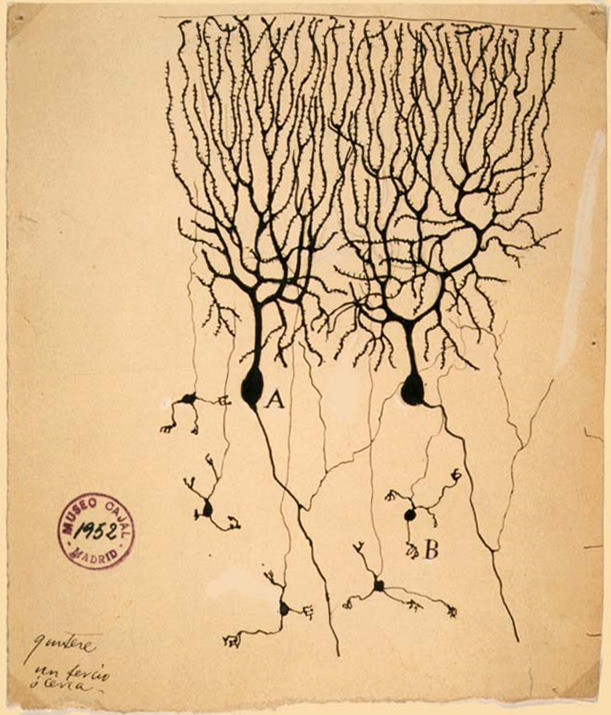
The patient doctor hovers over his doctor patient’s head, which is elaborately tented everywhere but the window they’ve cut through his skull. A spider’s nest of electrodes collects into a single fat cable that feeds a giant flat panel display suspended above the operating table, from which emerges a shifting kaleidoscope of images and sounds.
— I’m going to start now, Dr Swann.
— I’m ready, the man on the table replies.
Leaning closer, the surgeon’s scalpel slices through Swann’s grey matter with surprising tenderness, causing him no pain at all. The screen blinks black-bright three times, then resumes.
We waltz beneath our dendritic arbor’s tangled branches, holding on to each other, ourselves, and who we were. Flicker-flashes of feelings, brought on moment by moment, step by step, each feeling a taste, each taste a color — bittersweet violet melancholy poured over ice, mam’s butter-yellow biscuits dissolved in tea, scarlet first kiss sweet spice melting on our tongues, melting us.
— Really? Dr Swann’s wife asks.
— I didn’t mean to remember her.
— But you did.
— At least you know I’ll never forget you.
— Small consolation.
The screen crackles, shows static, snaps back into focus.
Eyes across the room, green buds of possibility that taste of spring. Running, drenched in a downpour, laughing, we duck into a doorway and kiss. We are hot, white electricity. Deep brown whiskey sulking followed by dandelion yellow and nasturtium orange forgiveness.
— Can you hear me? she asks.
— I can.
The starshine-bright happy surprise of a chance meeting in the middle of a workday, sweet and then bitter as we return to work instead of bed. The shift to plum-colored contentedness, spooned like cobbler from one to another, as we spoon under a heavy winter comforter.
— It’s over, Dr Swann. The procedure went perfectly.
— How do you feel, darling?
— In every way possible.
He kept thinking something he’d read once in a book, "Science is the poetry of the intellect and poetry the science of the heart’s affections."
⁂
This entry is part of my journal, published January 14, 2011, in New York.